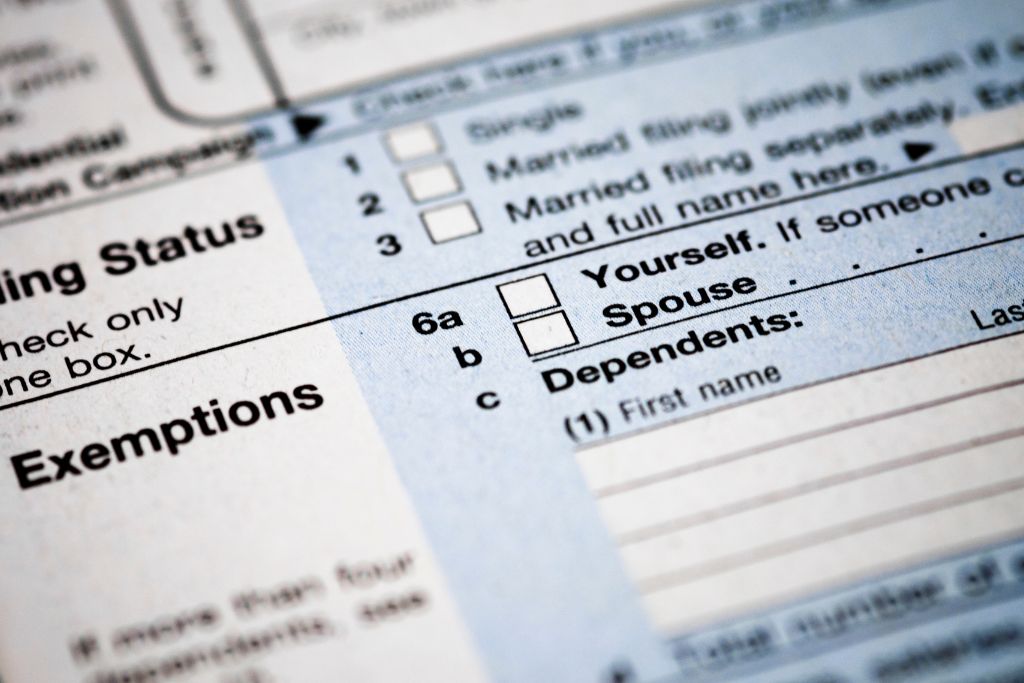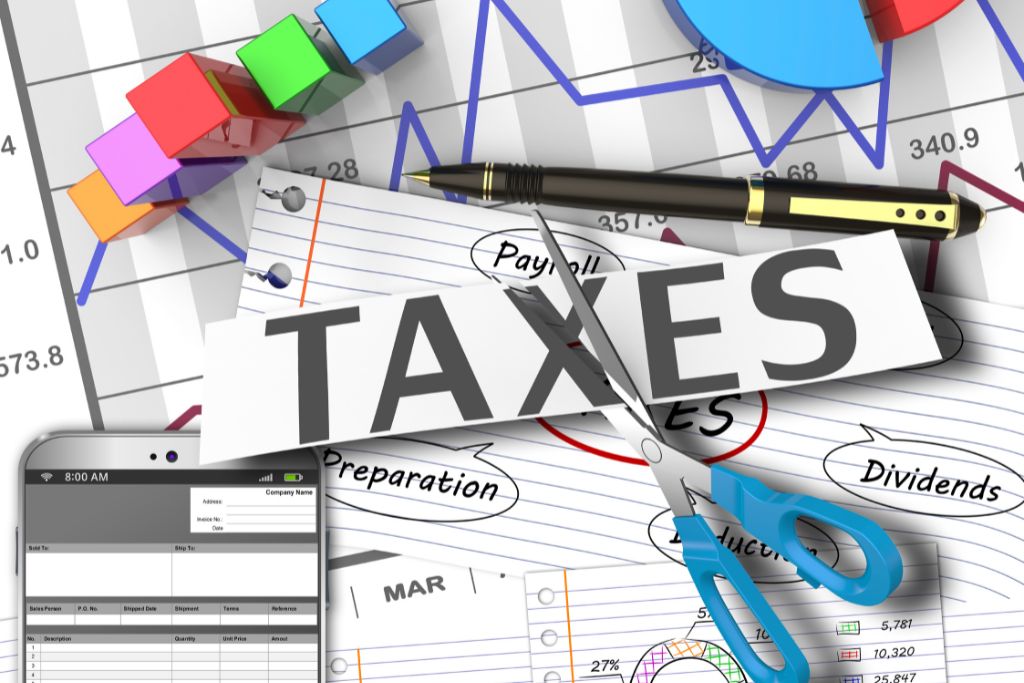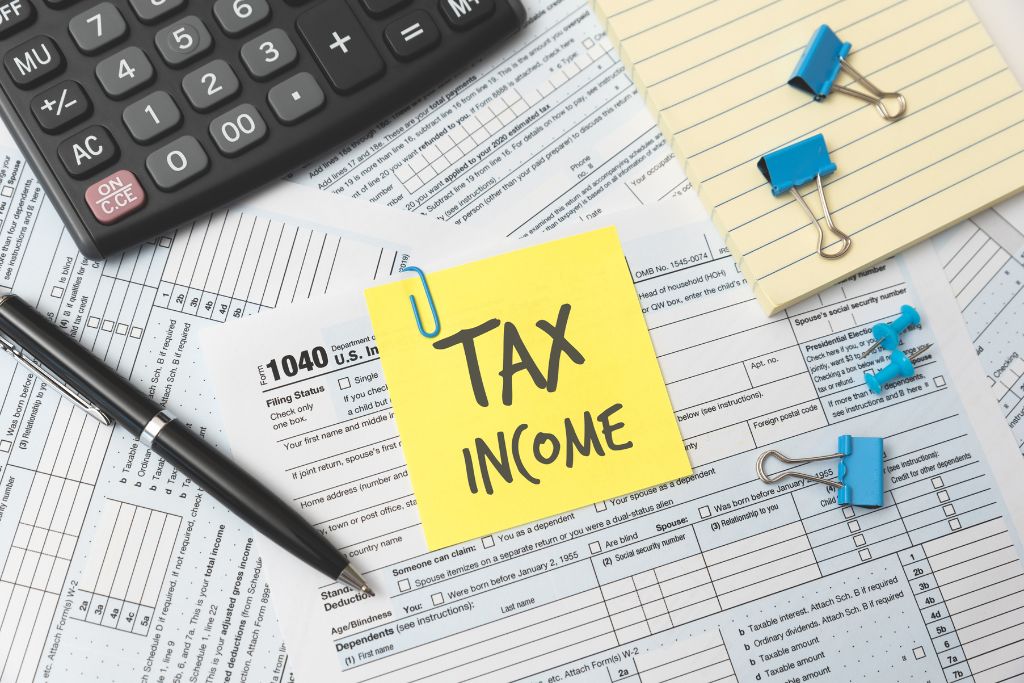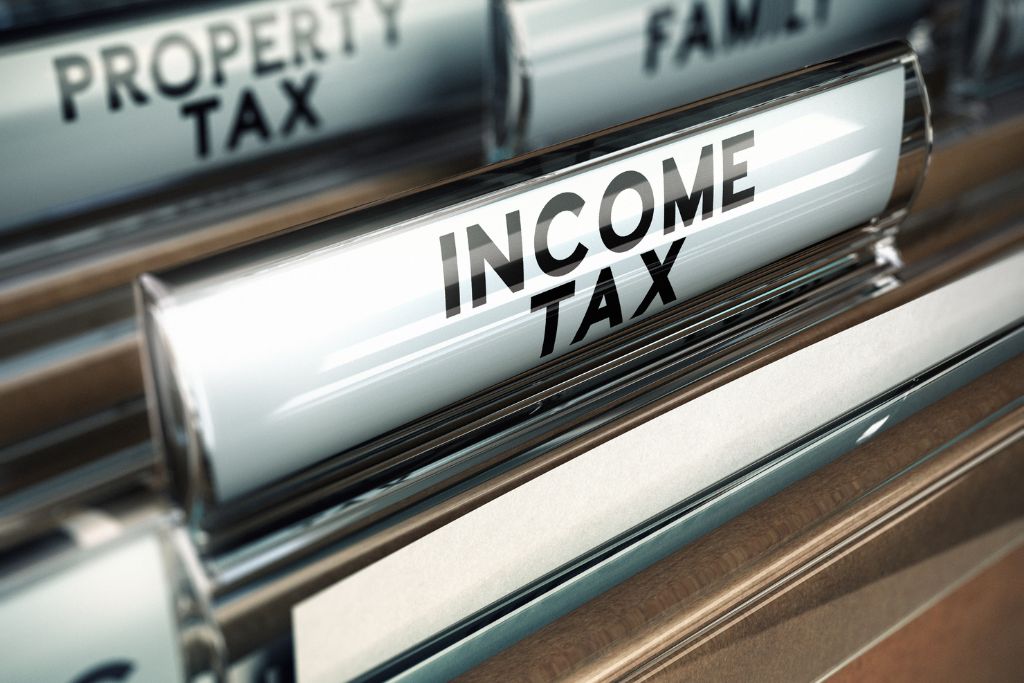So you just got your tax return back and you’re feeling pretty good about yourself. But before you go out and spend that extra money, consider using it to your advantage. Here are a few ideas on how to do just that.

The amount of tax you pay each year is determined by your taxable income. This is the amount of money you earn from all sources, including wages, investments, and business profits. The government taxes this income at different rates, depending on the amount you earn.
In general, the more money you make, the higher percentage of tax you will pay. However, there are ways to reduce your taxable income and save money on taxes. One way is to invest in a 401(k) or other retirement account. This allows you to put away money for retirement while also getting a tax break. Another way to reduce your taxable income is to donate to charity. You can deduct the amount of your donation from your taxable income, which can save you money on taxes.
There are also credits and deductions that can help reduce your tax bill. Credits are direct reductions in the amount of tax you owe. Deductions are deductions from your taxable income, which can lower the amount of tax you owe. Credits and deductions can help reduce your taxes even if you don’t itemize deductions on your tax return.
If you’re looking for ways to reduce your taxes, there are many options available. Talk to a financial advisor or accountant to find out what would work best for you.

Tax income is money that is earned through employment or business activity and is subject to taxation by the government. The amount of tax income that you owe is based on your marginal tax rate, which is the rate that applies to your income bracket. For example, if you are in the 25% tax bracket, you will owe 25% of your tax income to the government.
There are a few ways that you can use tax income to your advantage. One way is to invest in a 401k or other retirement plan. This will allow you to save for retirement while also getting a tax deduction. Another way to use your tax income to your advantage is to make charitable donations. This can help reduce your overall tax liability while also helping out a worthy cause.

Tax income is calculated based on your taxable income. This is the income you earned from all sources during the year, minus any adjustments and deductions. Your taxable income is then multiplied by your tax rate to determine your tax liability.
There are many benefits to tax income, which is why it’s so important to take advantage of it. Tax income can be used to improve your financial situation in a number of ways, including:
-Paying off debt: One of the best ways to use tax income is to pay off high-interest debt, such as credit card debt. This can save you a lot of money in the long run by reducing the amount of interest you’re paying.
-Investing: Another great way to use tax income is to invest it in something that will grow over time, such as a mutual fund or a retirement account. This can help you build your wealth over time and secure your financial future.
-Saving for a rainy day: Tax income can also be used to build up an emergency fund so that you have money set aside for unexpected expenses. This can give you peace of mind and help you avoid getting into debt if something unexpected comes up.
So, as you can see, there are many benefits to using tax income to your advantage. If you’re not sure how to best use your tax refund, speak to a financial advisor who can help you make the most of your money.

Taxes are compulsory financial charges or other levies imposed upon a taxpayer by a governmental organization in order to fund various public expenditures. A failure to pay, along with evasion of or resistance to taxation, is punishable by law. Taxes consist of direct or indirect taxes and may be paid in money or as its labour equivalent.
The legality of taxation can be checked either in constitutions or in statutes enacted by the legislature. In some countries, like the United States, tax law is primarily contained in statutory law, while in others it is primarily contained in constitutional law.
Income tax is a tax levied on the financial income of persons, corporations, trusts and other legal entities. Various jurisdictions levy different taxes on different types of income. Rules and rates vary significantly from one jurisdiction to another and even within the same jurisdiction.

The amount of taxes paid by individuals and corporations has a direct impact on the level of economic activity. When tax rates are high, people and businesses have less money to invest and spend, which can lead to a slowdown in economic growth. Conversely, when tax rates are low, people and businesses have more money to invest and spend, which can spur economic growth.
In order to ensure that the economy is growing at a healthy rate, the government must strike a balance between the amount of taxes it collects and the amount of money it puts back into the economy through spending. If the government collects too much in taxes, it can stifle economic growth. If the government doesn’t collect enough in taxes, it can’t fund essential services or make needed investments in infrastructure, which can also lead to a slowdown in economic growth.

There are a few things to keep in mind when it comes to historical trends in tax income. First, it’s important to remember that tax income is highly cyclical. It tends to increase during periods of economic growth and decrease during periods of economic recession. Second, tax income also tends to be higher in years when there are significant changes in tax policy (such as a tax cut or an increase in the capital gains tax rate). Finally, it’s worth noting that the historical trends in tax income may not necessarily reflect the current situation. For example, while tax income may have increased significantly over the past few years, this doesn’t necessarily mean that it will continue to increase at the same rate in the future.

The future of tax income is always uncertain. Depending on the current economic and political climate, the amount of tax revenue that the government collects can fluctuate greatly. This can have a big impact on how much money you have available to put towards your own financial goals.
There are a few things that you can do to try and predict what might happen with tax income in the future. Keeping up with current events and trends can give you a good idea of where things might be headed. You can also speak with an accountant or financial advisor to get their professional opinion.
No matter what the future holds, there are always ways to use tax income to your advantage. Investing in yourself and your family’s future by contributing to savings and retirement accounts is one of the smartest things you can do. Taking steps to lower your taxable income can also help you keep more of your hard-earned money. And stay tuned to changes in the tax code so you can take advantage of new opportunities as they arise.

There are many different ways that you can reduce the amount of taxes that you owe each year. Some methods are more viable than others, and some may not work for your particular situation. However, it’s always worth looking into every possibility to see if you can save yourself some money.
One method is to simply adjust your withholdings so that less money is taken out of your paycheck each month. This means that you’ll get a larger refund come tax season, but it also means that you’ll have less money in your pocket each month.
Another way to reduce your taxes is to take advantage of all the deductions and credits that you’re entitled to. This can be a bit complicated, but there are many resources available to help you figure it out. You may need to invest in a good tax software program or consult with a tax professional to make sure you’re taking advantage of everything you can.
You can also try to negotiate a lower tax rate with the IRS. This can be difficult, but if you have a good reason for why you deserve a lower rate, it may be possible. However, it’s always best to consult with a tax professional before attempting this so that you know what your chances are and what kind of documentation you may need.
While it may not be the most exciting use of your tax return, allocating some of that money towards your debt can be a wise decision. Not only will it help you to become debt-free more quickly, but it can also save you money in interest charges. If you’re not sure how to go about using your tax return to pay down debt, speak with a financial advisor or accountant for more guidance.